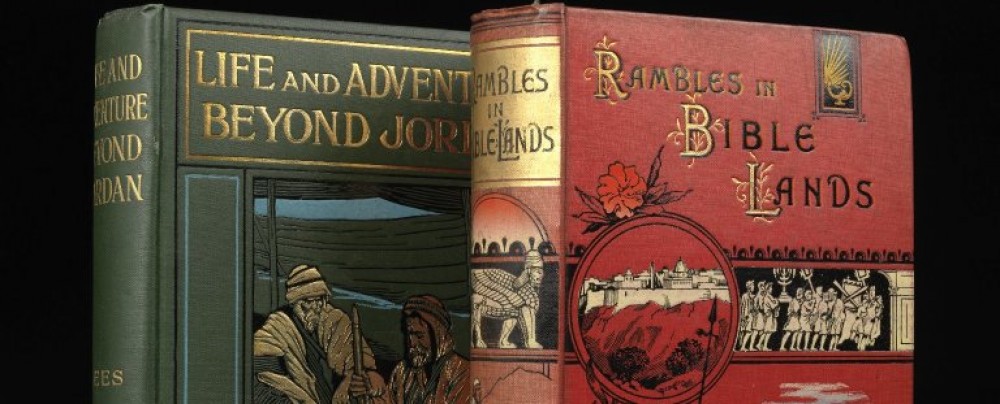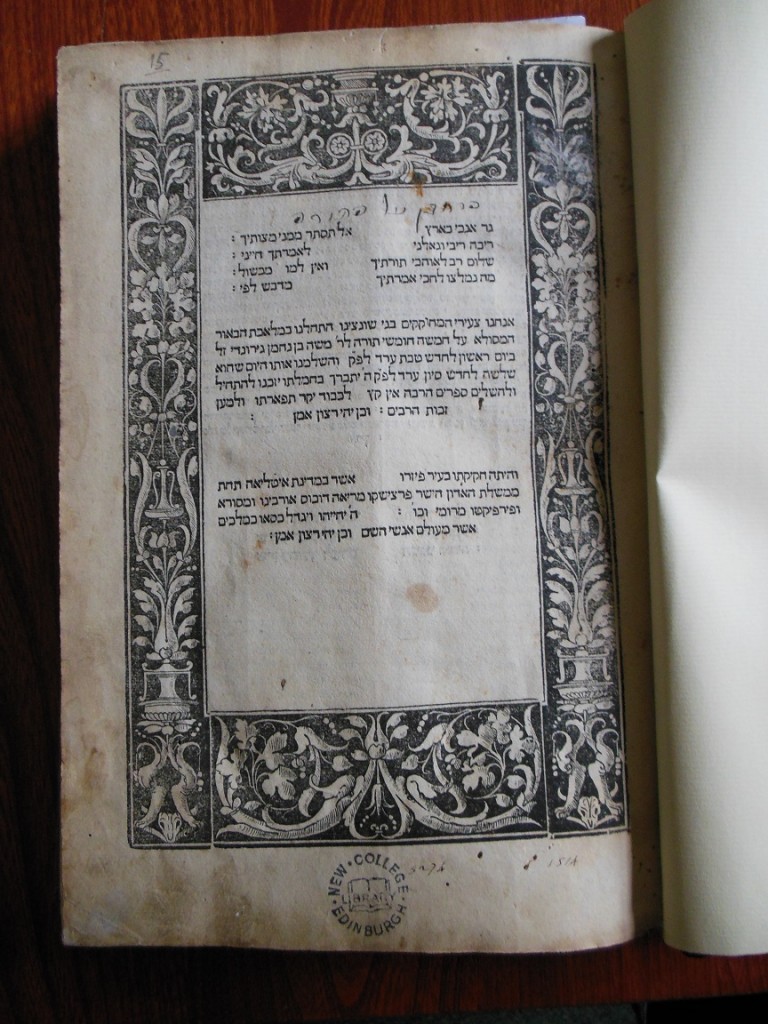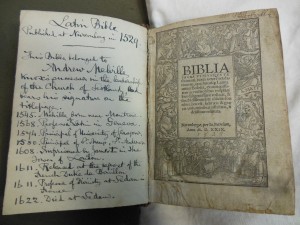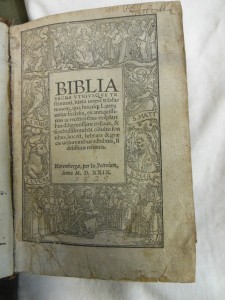New College Library’s Pamphlets Collection of over 30,000 items captures the issues and debates from the seventeenth century onwards. Now on display in the New College Library entrance are just a few of the pamphlets that take up the debate over the Treaty of Union that was agreed between the two separate countries on 22 July 1706. This led to the Union with England Act, passed in 1 May 1707, by the Parliament of Scotland.
All these items were catalogued as part of the Funk Donation Projects, supported by the generous donation of Rev. Dr Robert Funk. 
Hodges, James
The rights and interests of the two British monarchies inquir’d into and clear’d : with a special respect to an united or separate state. Treatise I. Shewing the different nature of an incorporating and federal union ; the reasons why all designs of union have hitherto prov’d unsuccessful ; and the inconsistency of an union by incorporation with the rights, liberties, national interests, and publick good of both kingdoms. Edinburgh : Re-printed by John Reid for James Donaldson, and are to be sold at the Caledonia Coffee-House, 1703.
New College Library W.d. 1/7
Defoe, Daniel
An essay at removing national prejudices against a union with Scotland : to be continued. Part I. Edinburgh : [s.n.], 1706. Published anonymously by Daniel Defoe.
New College Library W.d 1/4
Anon
The smoaking flax unquenchable : where the union betwixt the two kingdoms is dissecated, anatomized, confuted and anuuled. Also that good form and fabrick of civil gobernment, intended and espoused by the true subjects of the land, is illustrated and held out.
[Edinburgh : s.n.], Printed in the year 1706.
New College Library W.d. 1/15
Christine Love-Rodgers, Academic Support Librarian – Divinity



![Perush ha-Torah / leha-Rav rabenu Mosheh bar Nahman ... [1514]](http://libraryblogs.is.ed.ac.uk/newcollegelibrarian/files/2014/08/Dal-Chr-15ar-1024x768.jpg)


